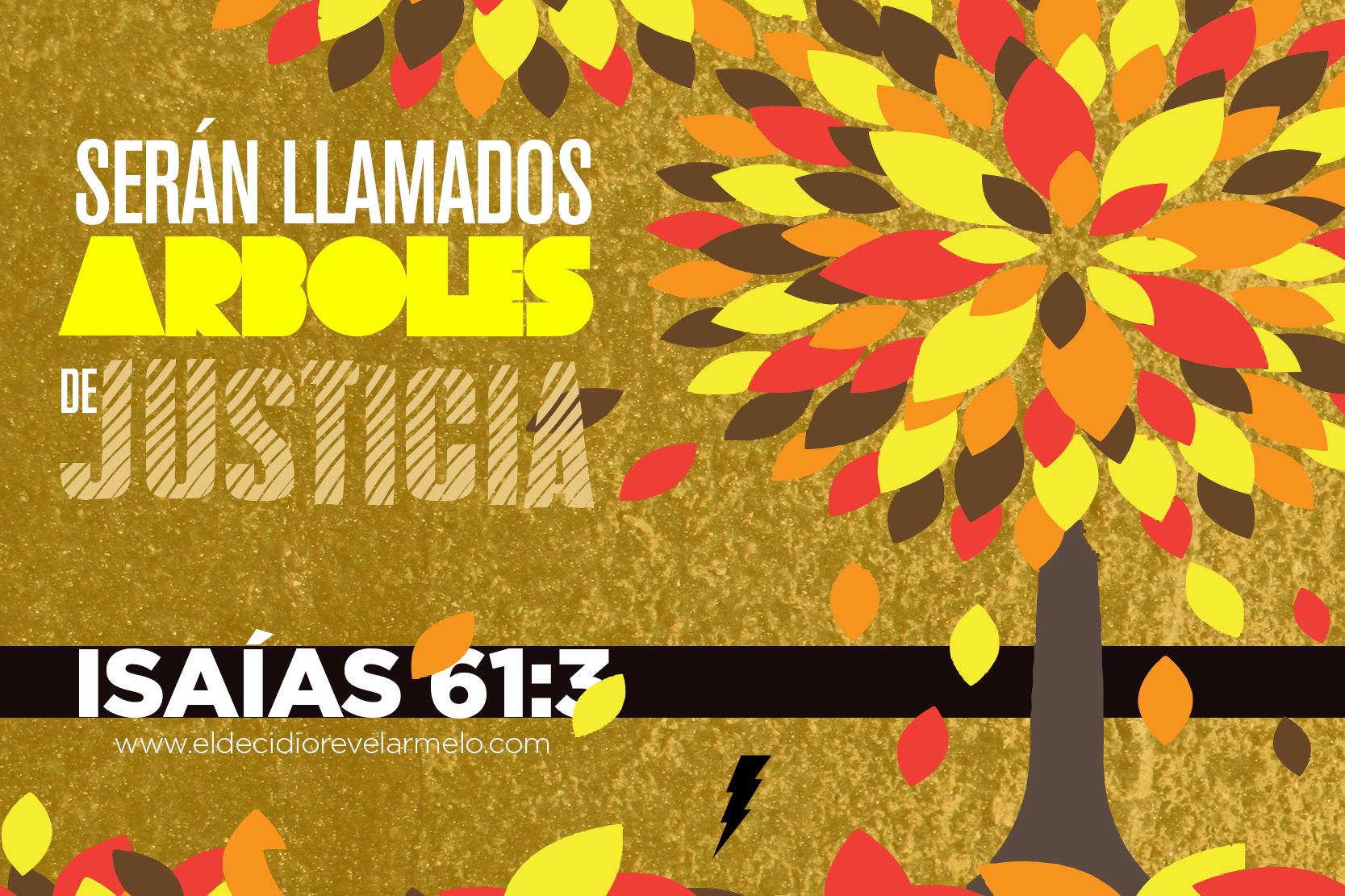Learning another language teaches you to see the world differently. You’ve probably heard this before – and if you’re bilingual or a polyglot you’ll have experienced it, too. It’s one of the beautiful things about learning languages.
This is something you can’t adequately explain to the monolingual. The best you can do is give an example of an idiomatic phrase and talk about how difficult it is to translate it into your mother tongue.
So it’s hard to tell you exactly how learning Spanish has amplified and enriched my understanding of God and the Bible.
But I’ll try to give you an idea.
In this post I’ll teach you six Spanish words to show you what you’re missing by only reading the Bible in English.
*
Verbo (Word)

The Bible as the Word of God is translated Palabra de Dios. But somehow in John’s gospel (also in 1 John and Revelation), Jesus as the Word is rendered as el Verbo: the Verb.
The original Greek Logos is a philosophical concept loaded with significance. Verbo captures the centrality of the Logos in the universe far more effectively than Word.
Even without a prior understanding of Greek philosophy, choosing Verbo over Palabra conveys an important nuance, highlighting that we have an active rather than passive, God. We have a pro-active God.
Idóneo/a (Suitable, qualified)

Where the Spanish RVC has the one word, idoneo/a, the English NIV uses a couple of different adjectives:
- a suitable helper for Adam in Genesis 2:20;
- men qualified to teach in 2 Timothy 2:2; and,
- interestingly, not at all in 1 Chronicles 25:1 (the men chosen to serve as musicians in the temple).
Idóneo/a is an adjective that goes beyond being able, suitable or qualified. It’s about being a complement – ideal, optimal or perfect for the role assigned.
Camino (Way)

The word camino (from the verb caminar, meaning to walk) appears in the Spanish translation to talk about:
- our ways not being God’s ways (Isaiah 55:8);
- Jesus being the Way, the Truth and the Life (John 14:6);
- something happening “on the way“;
- how long a journey took; and,
- the physical road or route that was taken.
The English way has been neutralised of specific meaning. It’s used in very general terms – “Which way should I cut the onion?” (as in “How should I do it?”) and even “Which way should I take to go to your house?” These usages are less about a journey or a direction and more about options.
Because of the way (!) we use the word way in English, we can miss this sense of direction, movement and journey. The idea of “walking with God” makes more sense when you read the Bible in Spanish, simply because of how active and evocative the word camino is.
Justicia (Justice, righteousness)

The English Bible talks a lot about righteousness, but we hardly use it in common speech. It’s become an empty Christianese term, and if anything we talk about self-righteousness as a negative thing.
In the Spanish Bible, however, justicia encompasses the two English words justice and righteousness. This has two consequences:
- justice and righteousness are bound together in their meaning; and,
- justicia appears more frequently in the Bible, because just the one Spanish word is used instead of two English words.
As a result, justice comes across more powerfully as a fundamental element of the Kingdom and of God’s own character.
Prójimo (Neighbour)

We’re familiar with the command to love your neighbour as yourself. Neighbour can carry different connotations – we might be friends with our neighbours, we might be polite but maintain our distance, or we might have problems with them (Bad Neighbours, anyone?).
That said, countless sermons and books clarify that neighbour has a much broader application in this context and Jesus is really talking about loving everybody.
The Spanish translation, instead of using vecino (neighbour), has a unique word for the biblical concept. Prójimo suggests proximity and conveys more intimacy than neighbour. That adds a whole new layer to my understanding of who my neighbour is.
Esperar (To wait, to hope)

As a verb, esperar means both to wait and to hope, and it’s only the context that distinguishes which sense of the word is intended. The Hebrew qavah similarly carries both these meanings.
This shared or double meaning in Spanish (and Hebrew) deepens my appreciation of what Christian hope is about. It brings hoping for Jesus’ return into the realm of waiting for the bus – but rather than cheapening our hope, I think it makes it more real and immediate.
*
These are just a few concrete examples of how Spanish has helped me see Scripture afresh.
I know God didn’t write the Bible in Spanish. This post is not intended to be authoritative on biblical interpretation, and I’m sure a study of the original Hebrew, Greek and Aramaic would yield different insights.
Still, He has revealed some sublime things to me through the Spanish Bible – and all this has shaped my faith and theology.
Do you have similar examples from reading the Bible in a non-English translation?
And to the native Spanish speakers out there – do you have similar insights from reading the Bible in English?
I’d love to hear your thoughts!




9 comments